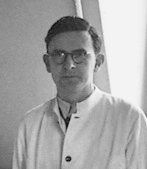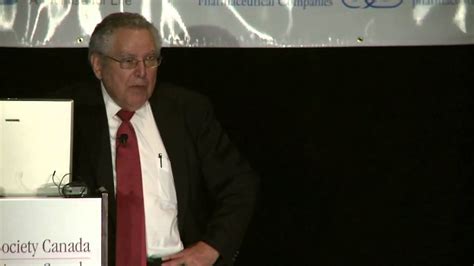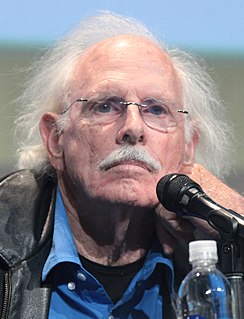A Quote by Peter Coveney
It is unmatched in its ability to think, to communicate, and to reason. Most striking of all, it has a unique awareness of its identity and of its place in space and time. Welcome to the human brain, the cathedral of complexity.
Related Quotes
One can truly say that the irresistible progress of natural science since the time of Galileo has made its first halt before the study of the higher parts of the brain, the organ of the most complicated relations of the animal to the external world. And it seems, and not without reason, that now is the really critical moment for natural science; for the brain, in its highest complexity-the human brain-which created and creates natural science, itself becomes the object of this science.
An immune system of enormous complexity is present in all vertebrate animals. When we place a population of lymphocytes from such an animal in appropriate tissue culture fluid, and when we add an antigen, the lymphocytes will produce specific antibody molecules, in the absense of any nerve cells. I find it astonishing that the immune system embodies a degree of complexity which suggests some more or less superficial though striking analogies with human language, and that this cognitive system has evolved and functions without assistance of the brain.
The brain immediately confronts us with its great complexity. The human brain weighs only three to four pounds but contains about 100 billion neurons. Although that extraordinary number is of the same order of magnitude as the number of stars in the Milky Way, it cannot account for the complexity of the brain. The liver probably contains 100 million cells, but 1,000 livers do not add up to a rich inner life.
Human beings are powered by emotion, not by reason. Study after study has proven that if the emotion centers of our brain are damaged in some way, we don't just lose the ability to laugh or cry, we lose the ability to make decisions. Alarm bells for every business right there. The neurologist Donald Calne puts it brilliantly: “The essential difference between emotion and reason is that emotion leads to action while reason leads to conclusions.”
I decided at 40 I was wasting entire chunks of my brain and didn't want to blow my one chance on Earth. I'm glad I made that decision. Writing is largely about time, while visual art is largely about space. Sometimes, as with film, you can hybridize, but I think it's basically the space part of my brain wanting equal footing with the time part.
The everyday brain could be dubbed "the baseline brain," because it operates at the minimum functioning to keep you alive and healthy. It controls your heart rate, your blood pressure, your immune function, all of your subconscious impulses. That's not a minor role; the baseline brain is a marvel of complexity and efficiency. But too much of it is devoted to habits, old conditioning, unconscious reflexes, and lack of self-awareness.

































